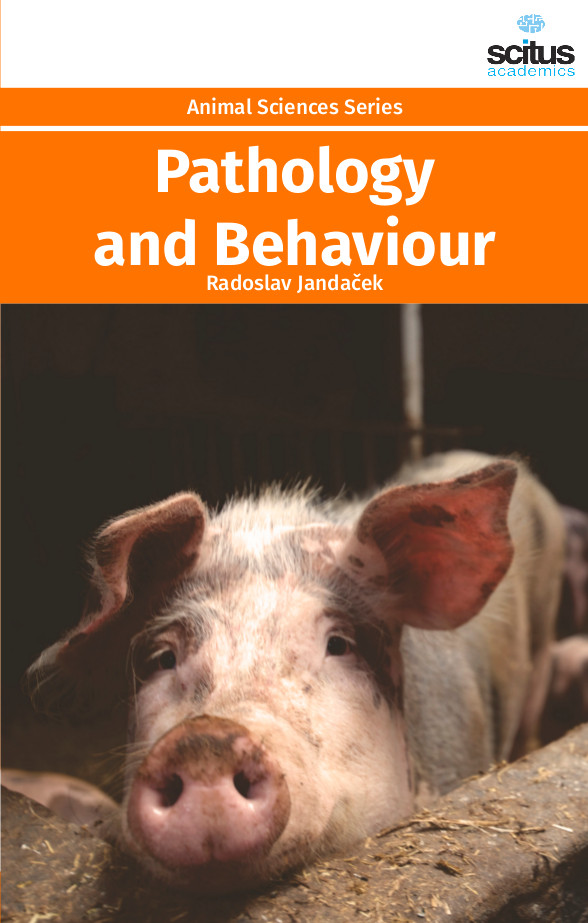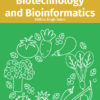Veterinary medicine deals with the prevention, diagnosis and treatment of disease, disorder and injury in non-human animals. The scope of veterinary medicine is wide, covering all animal species, both domesticated and wild, with a wide range of conditions which can affect different species. Like medical pathology, veterinary pathology is divided into two branches, anatomical pathology and clinical pathology. Other than the diagnosis of disease in food-producing animals, companion animals, zoo animals and wildlife, veterinary pathologists also have an important role in drug discovery and safety as well as scientific research. Clinical pathology is concerned with the diagnosis of disease based on the laboratory analysis of bodily fluids such as blood, urine or cavitary effusions, or tissue aspirates using the tools of chemistry, microbiology, hematology and molecular pathology. Veterinary pathologists study diseases of multiple species and are thus uniquely qualified to perform studies to advance our understanding of the cause of disease in animals and humans as well as studies to develop new methods to prevent and treat diseases.
‘Pathology and Behaviour’ aims to provide veterinary pathology students and pathologists with information needed to understand basic ultrastructural techniques and to identify tissues, interpret changes in tissue, and identify organisms at the ultrstructural level. This contains topics on sublethal and lethal cellular injury, inflammation and repair, thrombosis and hemodynamic disorders, immunologic and genetic disorders, and neoplasia. In addition, coverage on infectious, nutritional, and metabolic diseases, and ecosystem, environmental and forensic pathology is presented. This book is also appropriate for graduate students and researchers involved in biomedical and animal science programs that require basic understanding of pathogenesis of major disease processes.













